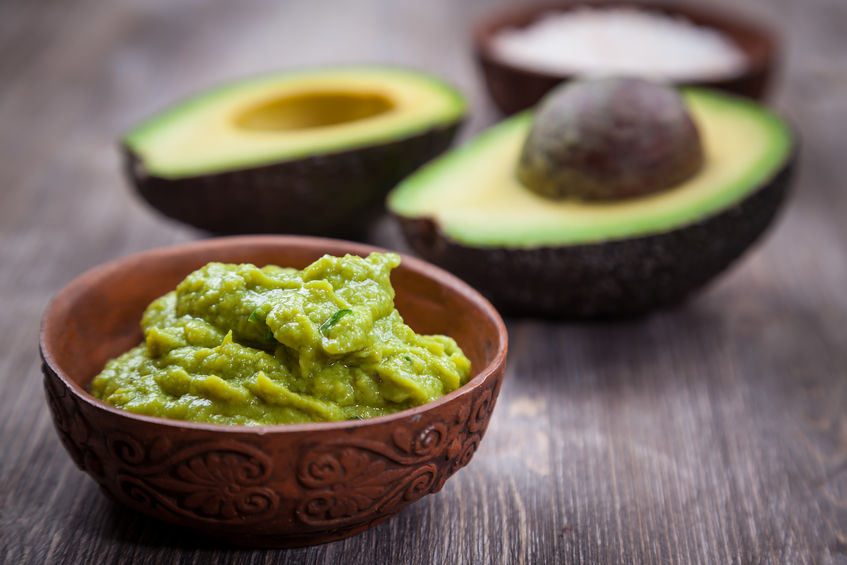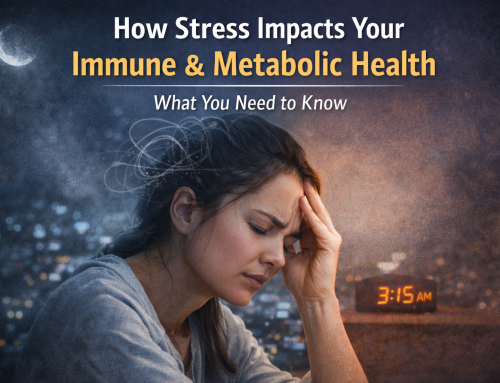Healthy fats are good for you, But, for a long time we were advised that eating fat would make us fat and that we should minimize our intake of fat in our diets. In retrospect, this advice may have led to the obesity epidemic because most “low-fat” and “nonfat” foods are not very satisfying and contain artificial ingredients and added sugars to make them palatable.
Now we know that the “avoid all fats” advice is incorrect and that the issue is more nuanced. We need to focus on what type of fat the food contains before we categorize it as part of a healthy diet or something to be moderated or even avoided.
Healthy Types of Fats
Fat comes in a few different forms. The phrase healthy fat usually refers to monounsaturated and polyunsaturated fats. What makes them healthy is that among other heart-health benefits, they help reduce LDL cholesterol, the kind that clogs your arteries.
Here’s a breakdown of each one, according to Dana Hunnes, Ph.D., M.P.H., R.D., senior dietitian at UCLA Medical Center and adjunct assistant professor at the Fielding School of Public Health:
- Monounsaturated fats:
These are among the healthiest of all fats.
According to the American Heart Association: Monounsaturated fats are simply fat molecules that have one unsaturated carbon bond in the molecule. Oils that contain monounsaturated fats are typically liquid at room temperature but start to turn solid when chilled. Olive oil is an example of a type of oil that contains monounsaturated fats.
- Polyunsaturated fats:
The two main types are omega-3 and omega-6 fatty acids, essential fats our bodies need for brain function and cell growth.
Omega-3s are mostly found in foods like fish and algae, nuts, and seeds.
Other polyunsaturated fats, omega-6s, can be found in certain plant-based oils.
Unhealthy Types of Fat
There are two main types of unhealthy fats that you’ll want to minimize your intake of:
- Trans fats:
Most trans fats raise your LDL cholesterol while lowering your HDL cholesterol. This is the good type of cholesterol that helps keep blood vessels clear.
According to the American Heart Association, trans fats increase your risk of developing heart disease and stroke and are associated with a higher risk of type 2 diabetes.
- Saturated fats:
The guidance on saturated fat is a little more complicated.
Old nutrition research said saturated fat was really bad for your cholesterol levels, but newer information suggests it has a more neutral effect.
The topic is very touchy, and the USDA Dietary Guidelines and the American Heart Association still recommend limiting your intake and opting for monounsaturated and polyunsaturated fats instead.
Many of the healthy foods below have some saturated fat in them, but it doesn’t make up the majority of the fat content and won’t negate the positive effects of healthier fats.
Healthy Fat Foods Keep You Full and Satisfied
Eat healthy fats because they will keep you feeling full for a long time and are satisfying to eat.
When it comes to healthy-fat foods, you probably know that avocado is one of them. As people have slowly come around to the idea that fat is not the enemy, this nutritional powerhouse has become a meal prep staple for many in recent years.
But there are plenty of other healthy-fat foods you should definitely be working into your meals and snacks on a regular basis.
Healthy Fat Foods
These foods contain monounsaturated or polyunsaturated fats:
· Avocados
· Walnuts, almonds, pistachios
· Nut and seed butters
· Olives and Olive Oil
· Ground flaxseed
· Salmon & Tuna
· Tofu
· Edamame
· Sunflower and Chia Seeds
· Eggs
Click here to read full article about healthy fats.






